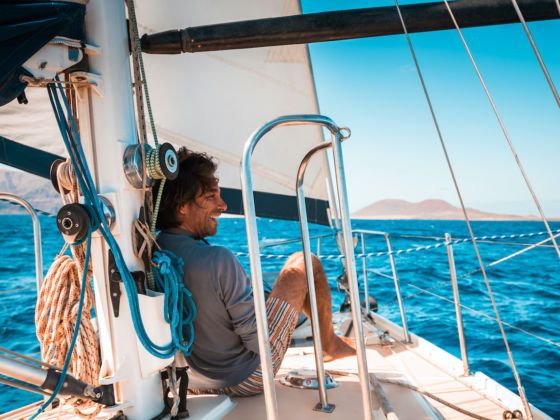When Cori Davidson’s bike was stolen in Los Angeles, she decided to hitch a ride. She’d cycled south from her hometown of Vancouver and, despite the hiccup, had no plans of stopping.
The first step was hopping on a boat to Mexico as her time in the United States was running out. It would be the first of many boats she’d board over the next few months, yet this initial crossing was the only one that came with a receipt.
